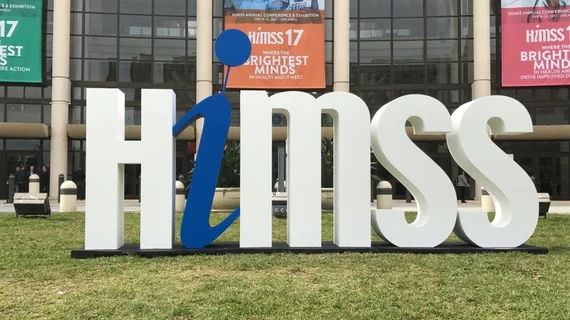Health 2.0 conferences acquired by HIMSS
The Healthcare Information and Management Systems Society (HIMSS) has acquired the conference component of Health 2.0, focused on start-up digital technologies in healthcare.
The goal of the acquisition, according to HIMSS President and CEO Stephen Lieber, isn’t to change what is presented at Health 2.0 conferences, but rather expand HIMSS’s own educational offerings.
“Bringing Health 2.0 into the HIMSS enterprise is a major expansion of our available resources to achieve better health through technology,” Lieber said in a press release. “This approach will align the knowledge and expertise from the Health 2.0 global network of entrepreneurs, developers and end users engaged in the most leading-edge technologies with that of clinicians, IT professionals, executives, policy leaders and other health IT stakeholders to empower and enable people to live healthier lives.”
HIMSS said it would establish a new Health 2.0 business unit, which will be run by Health 2.0 CEO and co-chairman Indu Subaiya, MD, MBA. He’ll also continue to co-host Health 2.0's annual fall and Wintertech conferences along with co-chairman Matthew Holt, who is staying on as host of the international conferences.
First started in 2007, the Health 2.0 conferences have reached an estimated 25,000 conference attendees, less than the 40,000 who attended HIMSS’s most recent conference in Orlando.
The deal is effective immediately, with the first Health 2.0 under HIMSS being its European conference in Barcelona on May 3-5. Its 11th annual fall conference will be held Oct. 1-4 in Santa Clara, California.

